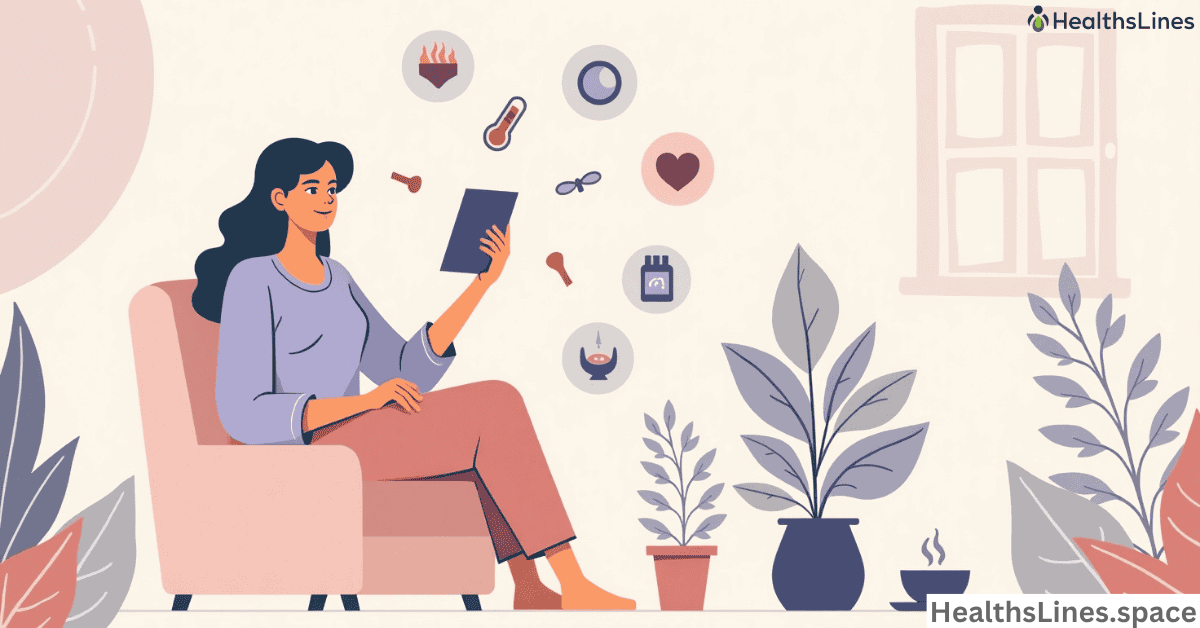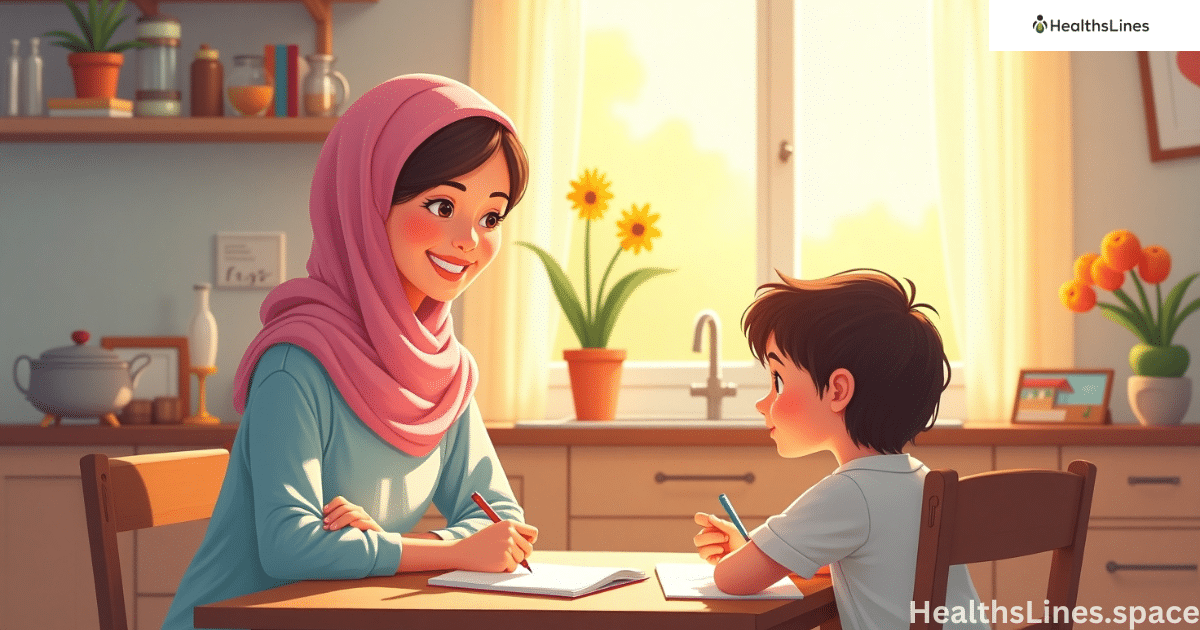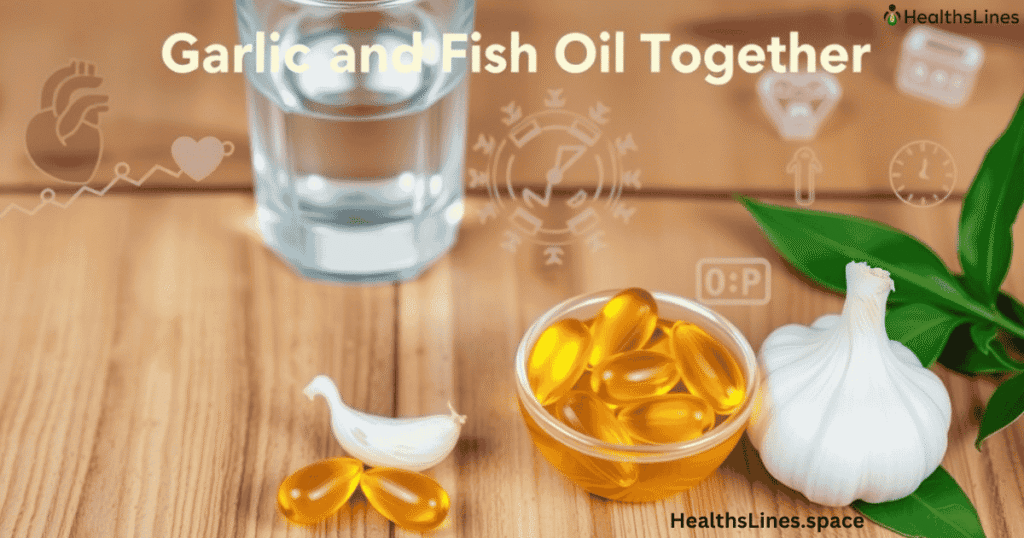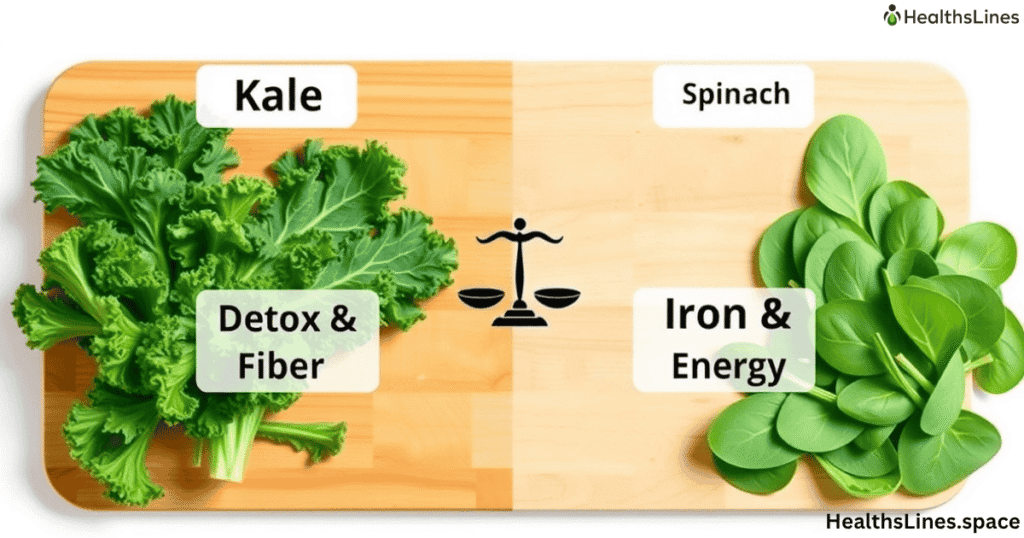Living with breast cancer is more than just medical treatments. It affects your body and your mind in deep ways Breast Cancer Journey. The road is often long, and every part of your life may shift during the process. Whether you’re just starting your cancer diagnosis experience or you’re in post-treatment healing, knowing what changes to expect can help you prepare, cope, and heal.
In this guide, you’ll learn how breast cancer treatment impacts your body physically and emotionally. We’ll talk about what happens during chemotherapy, surgery, and hormone therapy. You’ll also read about the mental health and breast cancer connection, plus helpful ways to manage the side effects.
Physical Changes During Breast Cancer Treatment
Most people notice physical changes during cancer therapy. The type of treatment you get will affect how your body reacts. Chemotherapy side effects, radiation therapy skin effects, and surgery all leave visible or hidden marks. Every person reacts differently, but some things are common.
One of the first visible signs is chemotherapy and hair loss. Many lose hair from their head, eyelashes, and eyebrows. Some even notice dry, sensitive skin that reacts easily to soap or sunlight. During radiation, the skin may peel, darken, or feel like a sunburn Breast Cancer Journey. Nails can become brittle, discolored, or break more often. These skin and hair changes can make people feel less like themselves.
Another major change is in weight and appetite. Some gain weight due to steroids or reduced activity. Others lose weight because of nausea or changes in taste. Cancer-related fatigue also affects movement and appetite. This makes it harder to eat healthy or keep up with your usual routine. You may notice swelling in arms or breasts, especially if you had lymph node removal side effects or developed lymphedema after breast cancer.
Lasting Effects After Cancer Procedures
After surgery, many people experience long-term body changes. These depend on whether you had a lumpectomy, mastectomy, or breast reconstruction options. A lumpectomy recovery often includes swelling or scarring in the breast. Some have reduced range of motion in the arm on that side.
In contrast, mastectomy recovery brings larger changes. Many report numbness, tightness, or even phantom breast pain. If you’ve had a reconstruction, the new breast may feel different. It’s not unusual to feel disconnected from your new body shape. Those who had lymph node removal may feel tightness or swelling in the arms or chest. These are signs of lymphedema, and physical therapy is often part of managing it.
Here is a simple comparison of post-surgery effects:
| Procedure | Common Long-Term Effects |
| Lumpectomy | Breast tenderness, scar tissue, stiffness |
| Mastectomy | Numbness, tightness, body image struggles |
| Lymph Node Removal | Swelling (lymphedema), limited arm movement |
| Reconstruction Surgery | Sensory changes, healing pain, emotional impact |
Emotional and Mental Health Changes
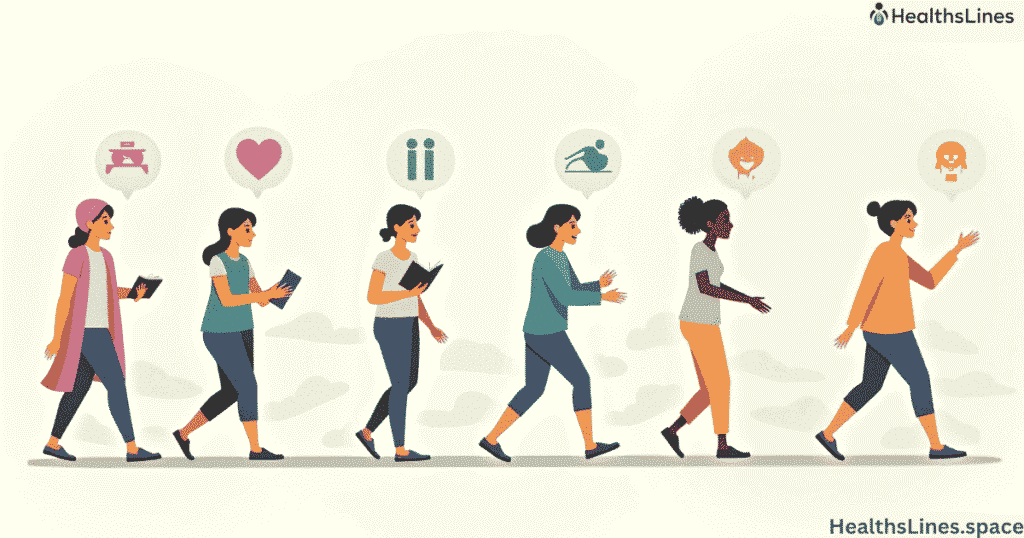
Living with breast cancer is more than just a physical journey. It deeply affects the mind and emotions too. Many women experience powerful feelings from the moment they get a cancer diagnosis. Shock, fear, sadness, and even anger are common. These feelings don’t disappear overnight. In fact, they often change as treatment moves forward. Some women feel anxious before chemotherapy, while others struggle with sadness after mastectomy recovery. There’s no “right” way to feel. What matters is recognizing that these emotional effects are real and normal.
Mental health and breast cancer are closely connected. It’s common to feel overwhelmed, especially during long treatments like hormonal therapy for breast cancer or radiation therapy. This mental strain is sometimes called mental fatigue in cancer, and it can make daily tasks harder. Some women also face depression after breast cancer, especially if their life has changed a lot. They might miss their old energy or worry about their future. Others face mood swings caused by hormone therapy or the stress of constant medical visits. This is why emotional support during cancer is so important. Talking to a therapist, joining cancer support groups, or even sharing with friends can help.
Doctors now understand that treating breast cancer means caring for the whole person—body and mind. Coping with a cancer diagnosis is a long process, but many women learn new ways to stay strong. Support from a cancer care team, mindfulness, rest, and love from others play a big role. Mental healing is just as important as physical recovery, and no one has to face it alone. There is hope, and with help, emotional strength can grow even during the hardest times.
Mood Swings and Mental Fatigue
During breast cancer treatment, many women experience sudden mood swings. These shifts in emotion can come without warning. One moment you may feel calm, and the next you may feel angry, tearful, or anxious. This isn’t a sign of weakness. It’s often caused by changes in hormone levels, especially during hormonal therapy for breast cancer or after early menopause from cancer treatment. These mood changes can also be triggered by fear, stress, or feeling worn out by long treatment schedules Breast Cancer Journey. Just like the body reacts to cancer, so does the brain and heart.
Another major issue is mental fatigue in cancer. Many women call it “chemo brain.” It feels like forgetfulness, slow thinking, or trouble focusing. This isn’t your imagination. It’s a real side effect of treatments like chemotherapy, radiation, or targeted therapy. Even years after treatment, some survivors still feel mentally tired. Simple tasks may take longer, and your brain may feel foggy. That can lead to frustration, especially when you’re trying to go back to work or care for your family.
But there are ways to cope. Light exercise, proper sleep, and talking to your doctor about brain health can help. Some women also find that writing in a journal or using memory tools makes daily life easier. Coping with cancer diagnosis means understanding how it affects your mind as well as your body. With time, support, and care, many women learn to manage these changes and feel mentally stronger.
Managing Pain and Discomfort
Pain and discomfort are common during and after breast cancer treatment. Some women feel soreness in their chest after surgery like mastectomy or lumpectomy. Others experience aching muscles and joints from hormonal therapy for breast cancer. Some pain is short-term, while other types can last for months. This includes nerve pain, burning sensations, or even phantom breast pain, where you feel pain in the breast that’s been removed.
Fatigue, swelling, and tightness can also make the body feel heavy and uncomfortable. Lymphedema after breast cancer, caused by lymph node removal, leads to arm swelling and tenderness. Pain from scars or skin after radiation therapy may also become sensitive Breast Cancer Journey. These symptoms are very real, but the good news is they can be managed.
Doctors often suggest gentle movement or physical therapy after surgery. This helps the body heal and reduces stiffness. Some women find relief with warm packs, pain medicine, or massage. It’s important to speak openly with your cancer care team about any discomfort. You don’t have to suffer in silence. Learning how to manage pain helps improve your daily life and supports full recovery. Over time, most women find their pain becomes easier to handle with the right care.
Sexual Health and Intimacy Changes
Cancer changes how you feel about your body. For many, it also affects your relationships. Sexual health after breast cancer can become a sensitive topic. Hormone treatments may cause dryness, discomfort, or reduced desire. These changes are physical, but they also carry emotional weight.
Talking openly with your partner helps rebuild closeness. If needed, you can speak with a therapist who understands intimacy after breast cancer. Vaginal moisturizers, gentle exercise, and honest conversations go a long way. It’s okay to ask for help and to take time to adjust.
Coping in Everyday Life
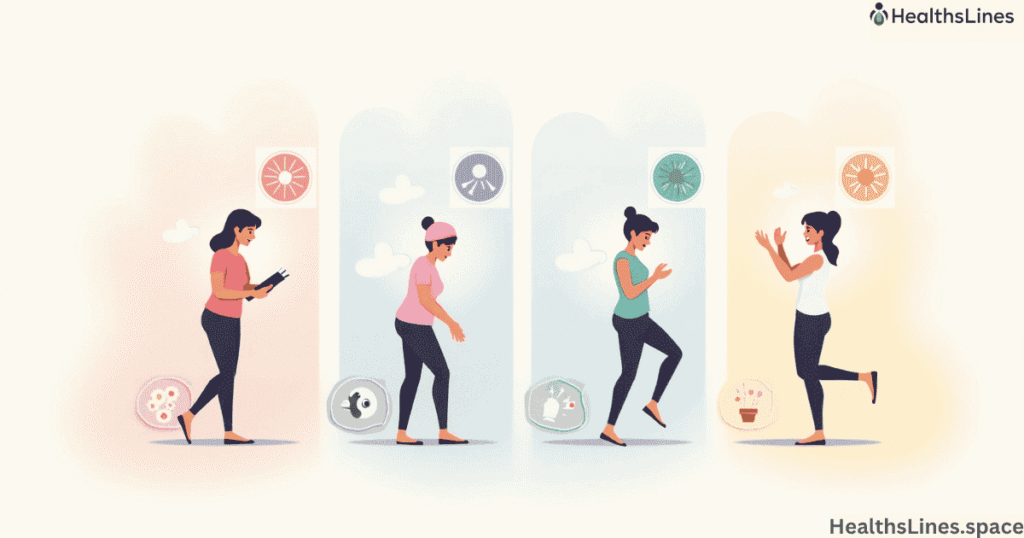
Living with breast cancer changes how you handle daily life. Simple tasks like cooking, walking, or going to work may feel harder during breast cancer treatment. Fatigue, pain, and emotional stress can slow you down. You might feel like you’re no longer the same person, especially if you’re dealing with body image after cancer or trying to adjust after mastectomy recovery. These feelings are completely normal.
But many women find new ways to adjust and cope. Creating routines helps bring a sense of control. Healthy habits like eating well, staying hydrated, and doing gentle exercise for survivors can lift your mood and energy. Some women try yoga or light stretching, which supports healing and helps reduce cancer-related fatigue. Making space for rest and sleep also makes a big difference.
Post-treatment healing takes time, both inside and out. Support from loved ones, joining cancer support groups, or talking with others going through the same thing can offer comfort. You don’t have to do it all alone. Over time, many women discover strength they didn’t know they had. Life may not go back to what it was, but it can move forward in meaningful and joyful ways.
Real-Life Survivor Stories
Hearing real stories can inspire and guide others. One survivor, Maria, shared how her mastectomy recovery changed her body image. At first, she avoided mirrors and felt lost. Over time, she started walking every day and joined a support group. She says, “The group helped me accept myself again. I realized I’m more than a scar.”
Another survivor, Leah, struggled with chemo brain and mental fatigue in cancer. She began writing things down, using reminders, and asking for help. She said, “It took time, but now I understand how to pace myself. I’m not weak; I’m healing.”
These voices matter. Each one shows that while the road is hard, healing is possible. Breast cancer survivor stories remind us that we are not alone in this fight.
Conclusions
If you or someone you love is going through breast cancer, know this: change is part of the journey, but so is strength. Your body may feel different. Your emotions may be new and intense. But these changes are part of healing.
Stay connected to your cancer care team, ask questions, and seek emotional support. Whether it’s managing side effects of breast cancer treatment or talking through fear, help is always available. There is life after living with cancer—and it’s a life worth fighting for.


